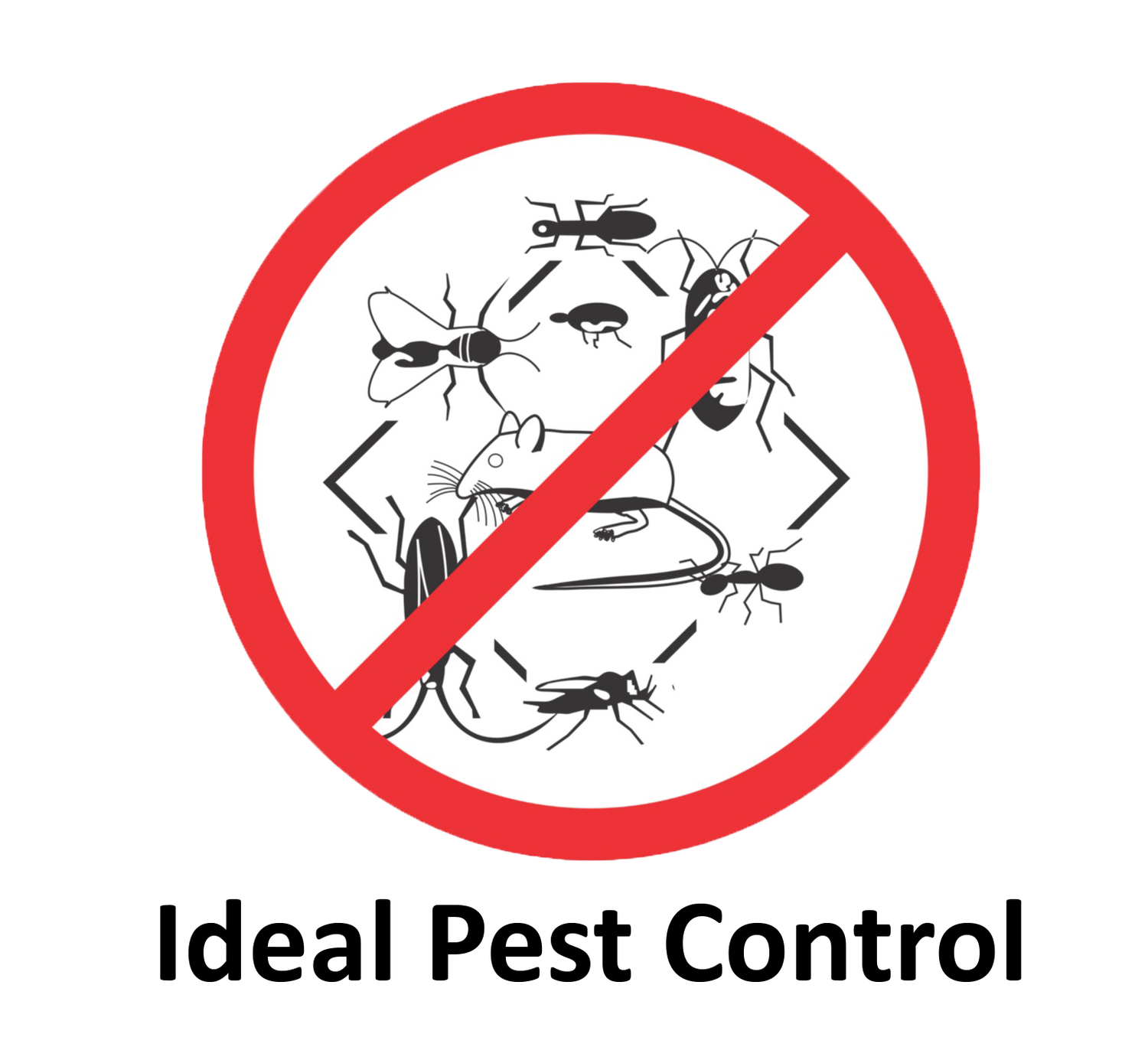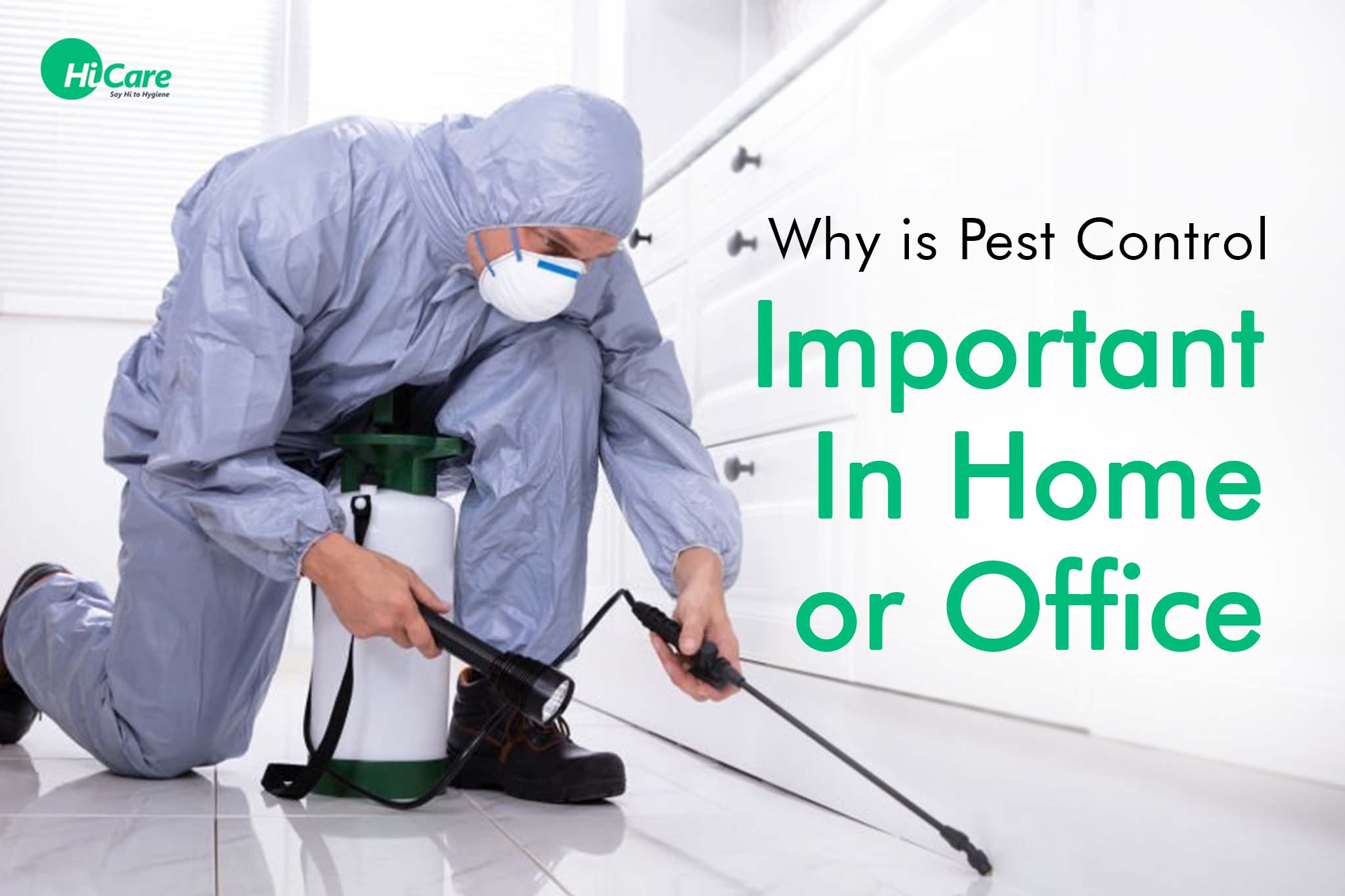Reliable Pest Control Coquitlam BC: Your Local Experts in Pest Management
Reliable Pest Control Coquitlam BC: Your Local Experts in Pest Management
Blog Article
Safe and Trusted Bug Control for Lasting Security
Reliable parasite monitoring needs a complex method that balances eco-friendly integrity with the requirement for reliable bug suppression. The nuances of these methods may not be right away clear, motivating a closer evaluation of the practices that can lead to sustainable insect control end results.
Recognizing Insect Control Methods
Pest control encompasses a selection of techniques focused on managing and eliminating undesirable pests and rats that can threaten both wellness and home. Recognizing these techniques is essential for effective insect administration.
The primary classifications of insect control methods consist of mechanical, organic, and chemical techniques. Mechanical methods include physical obstacles and catches to stop pest entry and capture unwanted types. Utilizing displays on home windows or utilizing sticky traps can dramatically reduce parasite populaces without introducing dangerous compounds - exterminator coquitlam.

Chemical parasite control is frequently one of the most acknowledged method, utilizing pesticides to get rid of pests. These chemicals can be reliable however should be used with care to stay clear of adverse impacts on non-target types and the atmosphere.
Advantages of Eco-Friendly Solutions
Just how can environment-friendly solutions change pest control practices? The adoption of eco-friendly insect control approaches provides countless benefits, significantly boosting the performance and safety of pest management.

Another advantage is the positive effect on neighborhood biodiversity. Green solutions are created to target details bugs while protecting valuable pests and wild animals, advertising a well balanced ecological community. This method aligns with the expanding customer demand for sustainable techniques, boosting the credibility of insect control suppliers.
Integrated Parasite Management Methods
The application of green remedies normally causes the adoption of Integrated Pest Management (IPM) strategies, which further boost insect control efficacy. IPM is an all natural method that integrates multiple techniques to manage parasite populaces while lessening environmental impact. This method stresses using organic, cultural, mechanical, and chemical controls, making sure a balanced and sustainable technique of insect management.
One essential element of IPM is the thorough evaluation of pest activity and ecological conditions. By keeping an eye on insect populaces and recognizing their life cycles, experts can apply targeted treatments that interfere with the parasite's environment or lifecycle, minimizing reliance on chemical pesticides. Furthermore, cultural practices such as plant turning and habitat control can considerably reduce parasite facility and recreation.
Another crucial part is using organic control representatives, such as valuable bugs or bacteria, which can normally suppress insect populations. When chemical applications are essential, IPM prioritizes the use of low-risk pesticides and applies them uniquely, reducing exposure to non-target microorganisms and human beings.
Including IPM strategies not only improves bug control performance but likewise advertises a more secure ecological community, straightening with the expanding demand for sustainable techniques in bug management.
Safe Practices for House Owners
Understanding the value of risk-free practices in parasite control can equip homeowners to properly manage parasite issues while protecting their health and wellness and the atmosphere. Implementing preventive steps and safe approaches is crucial in reducing direct exposure to harmful chemicals.
Homeowners need to first analyze their atmosphere for conditions that attract insects, such as standing water, food, and clutter waste. Consistently cleansing and securing access factors can deter bugs from getting into the home. Making use of natural deterrents, such as necessary oils or diatomaceous my review here planet, can supply efficient options to chemical pesticides.
When chemical treatments are necessary, home owners should go with items that are particularly classified as secure for domestic usage. It is essential to adhere to application guidelines thoroughly to stay clear of too much exposure. Using targeted treatments in areas where insects are identified, instead than covering spraying, can considerably minimize chemical usage.
Finally, maintaining open communication with pest control professionals is important. Homeowners need to ask about the security of items utilized and request eco-friendly choices whenever possible. By taking on these secure methods, property owners can create a healthier living atmosphere while efficiently taking care of bug problems.

Tips for Long-Term Defense
Developing a parasite administration approach that stresses long-term protection can greatly improve the performance of the risk-free methods previously gone over. To attain this, property owners ought to execute routine assessments of their building, concentrating on concealed locations such as attics, cellars, and crawl spaces. Early detection of insect task is important in protecting against infestations from taking hold.
These techniques decrease attractants that attract bugs into the home. Securing access factors, such as fractures around doors and windows, can properly block prospective bug access.
Landscape design needs to additionally be taken into consideration; keeping plants trimmed and maintaining a range between plants and the home decreases concealing spots for insects. Making use of natural deterrents, such as necessary oils or diatomaceous earth, can even more dissuade invasions without turning to harsh chemicals.
Last but not least, working together with an expert bug control solution for periodic assessments can provide an added layer of protection. These experts can offer customized suggestions and progressed treatments, guaranteeing that your home remains protected against pests in the long-term.
Conclusion
Finally, trusted and secure insect control requires a diverse strategy that stresses environment-friendly approaches and incorporated pest monitoring. By implementing natural deterrents, conducting normal inspections, and preserving appropriate hygiene, homeowner can substantially reduce parasite populaces while protecting beneficial pests and the atmosphere. Cooperation with professional pest control solutions enhances the performance of these approaches, making sure tailored solutions that supply long-term security and comfort against future invasions.
Effective parasite administration requires a multifaceted approach that stabilizes ecological integrity with the need for reliable insect reductions. The adoption of eco-friendly insect control techniques offers various benefits, substantially boosting the efficiency and safety and security of insect administration.The application of environment-friendly options naturally leads to the fostering of Integrated Insect Management (IPM) strategies, which additionally improve pest control efficacy. exterminator coquitlam. By keeping track of pest populations and recognizing their life cycles, experts can apply targeted interventions that interfere with the insect's environment or lifecycle, reducing reliance on chemical pesticides.In final thought, risk-free and reputable pest control needs a diverse strategy that highlights green methods and integrated pest administration
Report this page